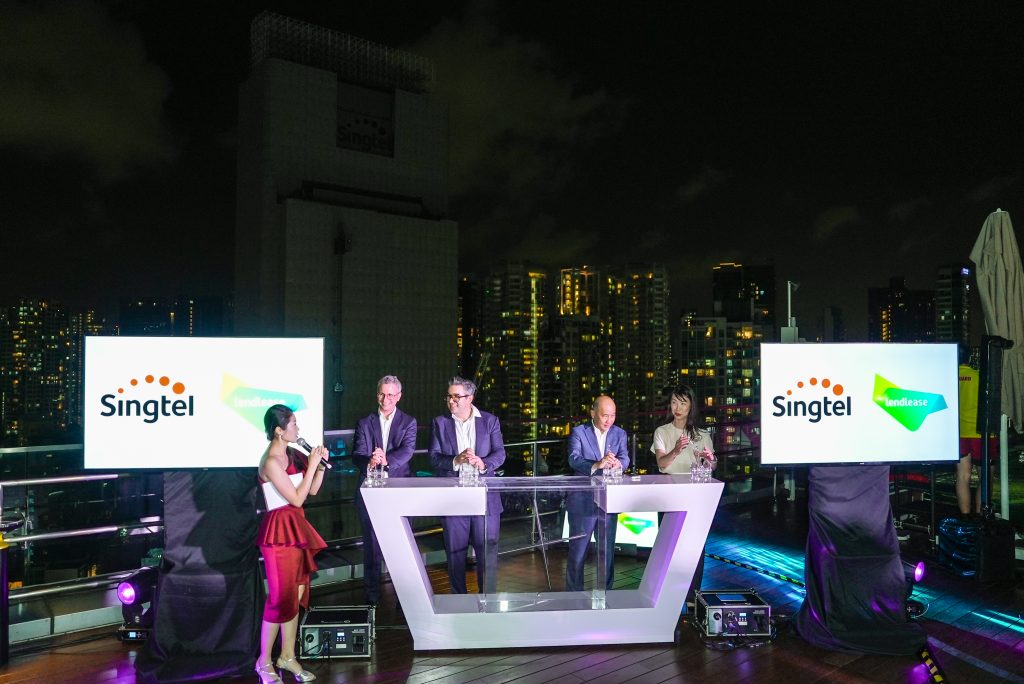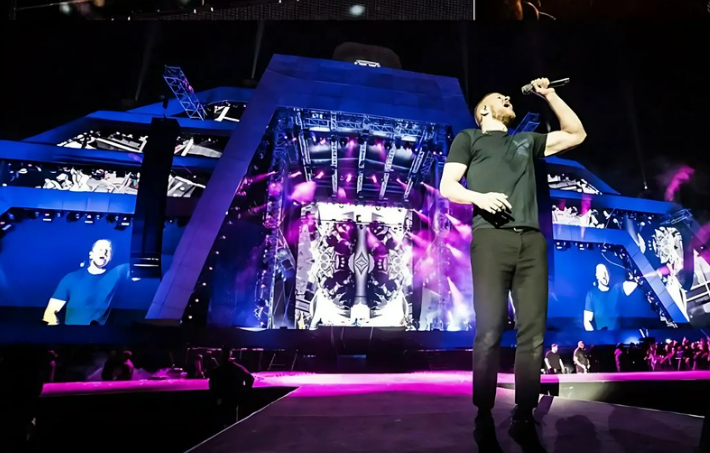You’ve probably noticed that events feel different these days. Where once event planners focused solely on venues and catering, they now spend just as much time thinking about hashtags and influencer partnerships. If you’re in the event industry or simply curious about how these changes are unfolding, you’re witnessing one of the most significant shifts in how we plan, promote, and experience events.
The New Rules of Event Marketing
Traditional event marketing is undergoing a significant transformation. According to a 2023 study, 83% of event planners consider social media marketing crucial for event success, highlighting the shift in priorities (Event Management, 2023). You’re no longer just competing with other events in your city; you’re competing with every piece of content in someone’s social media feed.
The game has changed because attention spans have shortened. Potential attendees are scrolling through endless content, and your event needs to stand out. That’s why social media content event planning has become so important. Event companies have had to become content creators, storytellers, and mini-media agencies all at once. It’s exhausting but also exciting for those who embrace the challenge.
Influencers as Event Game-Changers
Influencers are no longer just attendees—they’re central to how events are conceived, marketed, and experienced. An event often gains buzz not because of its speakers or activities but because the right influencer posted about it.
Companies now treat influencers as strategic partners rather than just paid promoters. Event planners build entire strategies around influencer partnerships from the outset, designing Instagram-worthy moments, creating spaces for content creation, and adjusting event schedules to align with optimal posting times.
A surprising trend in 2025 is deinfluencing, where influencers advise against certain purchases or experiences. This has pushed event companies to be more authentic and transparent. Overpromising and under-delivering are harder to get away with when influencers call out misleading marketing.
Technology Meets Traditional Event Planning

Technology in events has evolved beyond basic livestreaming. AI-enhanced AR/VR event spaces, interactive gamification, and immersive networking experiences are now standard expectations. Event planners face pressure to meet these technological demands while still fostering human connections that make events meaningful.
Gamification enhances engagement through scavenger hunts, competitive challenges, and augmented reality games. These elements create shareable moments that extend the event’s reach on social media, amplifying its impact.
The Economics of Influence
Social media is a powerful tool for expanding reach. A 2023 report notes that 62% of event planners use social media to grow email databases, underscoring its role in building attendee lists (Event Management, 2023). However, the real economic shift lies in how events generate value.
While ticket sales and sponsorships remain key, events are now valued for their content creation potential, social media reach, and long-term community building. Attendees contribute to an event’s social proof and online presence, adding value beyond physical attendance.
Challenges and Uncertainties
The relationship between authenticity and influencer marketing is complex. How do you maintain genuine connections when everything is optimized for social media engagement? Industry experts are still navigating this question.
The long-term sustainability of influencer-driven event marketing is also unclear. Are we creating more meaningful events or just more photogenic ones? The full impact may not be evident for years.
Looking Ahead
Event planners are focused on extending the lifecycle of events through pre-event buzz and post-event engagement. This suggests a shift toward events as ongoing experiences rather than one-time gatherings. However, whether attendees want this level of extended engagement remains uncertain.
The balance between digital innovation and authentic human connection will define successful event companies in the coming years. For example, The Executive Group – Event Company Singapore has shown how blending social media strategies with meaningful, in-person moments can keep audiences engaged without losing authenticity. Those who use social media and influencer partnerships to enhance, rather than replace, genuine interactions will likely lead the industry.
The question isn’t whether social media and influencers will shape the event industry—they will. The challenge is whether event companies can adapt quickly while preserving the irreplaceable magic of people coming together in real time and space.
Frequently Asked Questions
Q: Do I need influencers to make my event successful?
A: Not necessarily, but a strong social media strategy is essential. Influencers can amplify reach, but authentic content and genuine engagement matter more than follower counts.
Q: How much should I budget for social media marketing for events?
A: Most successful event companies allocate 15–25% of their marketing budget to social media and digital content creation, including influencer partnerships.
Q: What’s the biggest mistake event planners make with social media?
A: Treating social media as an afterthought instead of integrating it into the event experience from the planning stage. Successful events are designed with shareable moments in mind.
Q: Will virtual and hybrid events replace in-person events?
A: Unlikely. The trend is toward enhancing in-person events with digital elements, as people still crave the human connections that only physical gatherings provide.



